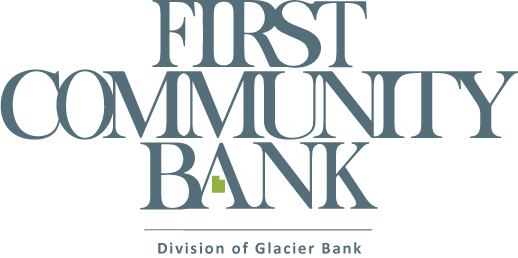Teaching Your Kids About Money & Savings
By Chelsea Blietschau| Published March 1, 2023
As parents we want to give the best opportunities to set our children up for life. One of the best ways to do that is to teach them about money and its importance. Research has found the most effective thing a parent can do is provide experiential learning opportunities for their children. Children who learn finances from a young age are more likely to be more confident in financial decisions as they grow into adulthood.
"Providing children with their own experiences managing money leads to higher financial self-efficacy throughout their life, which correlates with higher life satisfaction, less depression and anxiety, and higher financial independence from parents,". --LeBaron-Black.
This may seem like a lot of pressure for parents. Where do you even begin to teach them? What is the best way to teach them? The best practice is to start small. There is a lot to learn but kids are eager to learn from their parents. In this article I will go over 5 tips you can take to start helping your children today
.
Talk to them about money.
The concept of money is simple enough for a child to understand. Explain to them how money helps pay for their toys and treats. Also let them know it pays for important day to day things like the house and food. Explaining that things cost money will help them understand the importance of having money.
Provide an allowance.
Kids need to have the opportunity to grow and make decisions in their own life. Having an allowance can help accomplish that. When they learn that money isn’t just given but is earned, it will make an impact on them now and in the future.
To be successful, allowances should have some stipulations attached. Family chores and a chore chart are a great way to help children visualize what is expected of them and allows them to earn their allowance. Age is also a consideration to make. Allowances aren’t a one-size-fits-all tool. You probably aren’t going to pay a 5-year-old the same amount as a teenager, so keep that in mind.
Get them a savings account.
Getting your kid in the habit of saving is a great life skill but it’s also easier said than done. Most kids want to go and spend the money they just earned. By encouraging your child to deposit their money into an account, you can help them develop discipline and teach them about effects of compound interest.
Introduce budgeting.
Once they understand the idea of how money is earned and how to they can save it, teach your children about the importance of budgeting. Now that they have money, they can easily be tempted to spend it on the things they want. For example, if your child is saving for a new video game but you’re in the store and they see other toys, they may want to impulse buy.
This is a perfect time to teach them that if they spend their money now, the video game they really want will take much longer to get. This will help them make those decisions and face the consequence of what they choose; a great life lesson to learn as a kid rather than as an adult.
Actively talk about finances.
Finally, talk to your kids regularly about money, and teach them the reality of financial decisions on everyday life. They will never learn if they never are taught. A fun way to accomplish this is to play games that involve money. There are many board games out there that have to do with money. Depending on the age of your child, you could also have them open a pretend business at home and use pretend money to buy things. Learning about money can be a fun experience!

